Contact lenses offer the convenience and cosmetic appeal many seek, but their usage demands a high level of hygiene and care. Neglecting proper care routines can lead to serious eye infections and lens damage. This article is designed to guide contact lens wearers through 8 crucial tips for maintaining lens hygiene and ensuring eye health. By adopting these practices, wearers can not only extend the life of their lenses but also protect their eyes from potential harm.
Contents
Understand Your Contact Lens Type
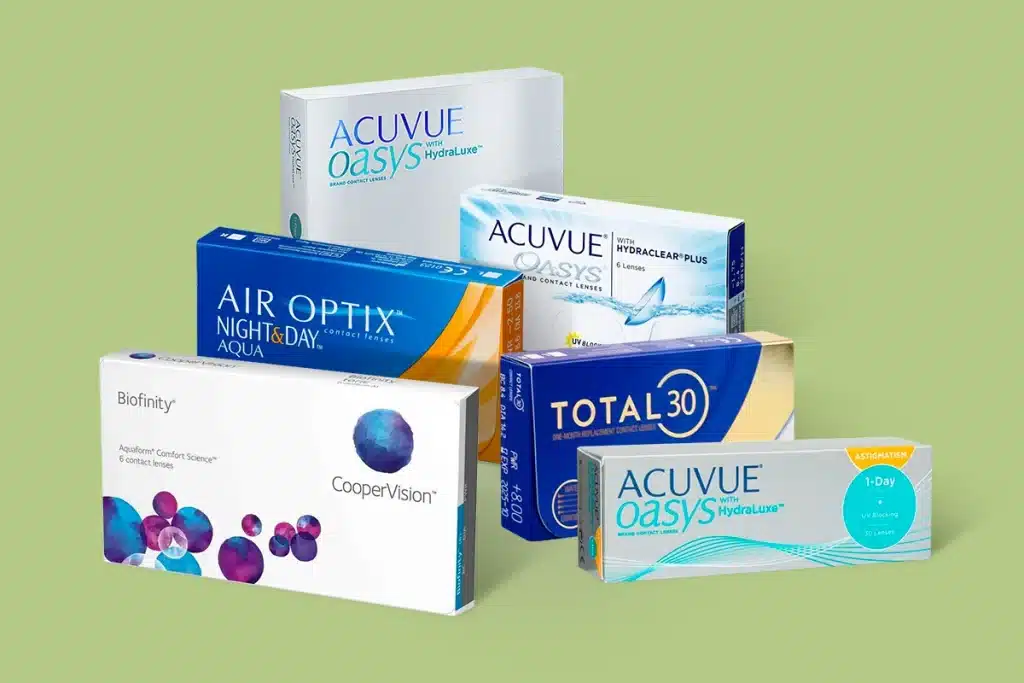
Different contact lenses come with varied care instructions and usage lifespans. It’s vital to understand whether your lenses are daily disposables, bi-weekly, or monthly types, as each requires a specific maintenance routine. Using the correct type as per your eye care professional’s recommendation ensures both comfort and hygiene. For example, daily disposables are designed for one-time use and eliminate the need for cleaning, whereas bi-weekly and monthly lenses require regular cleaning and safe storage. Ignoring these guidelines can lead to eye discomfort and an increased risk of infections.
Regular Hand Washing
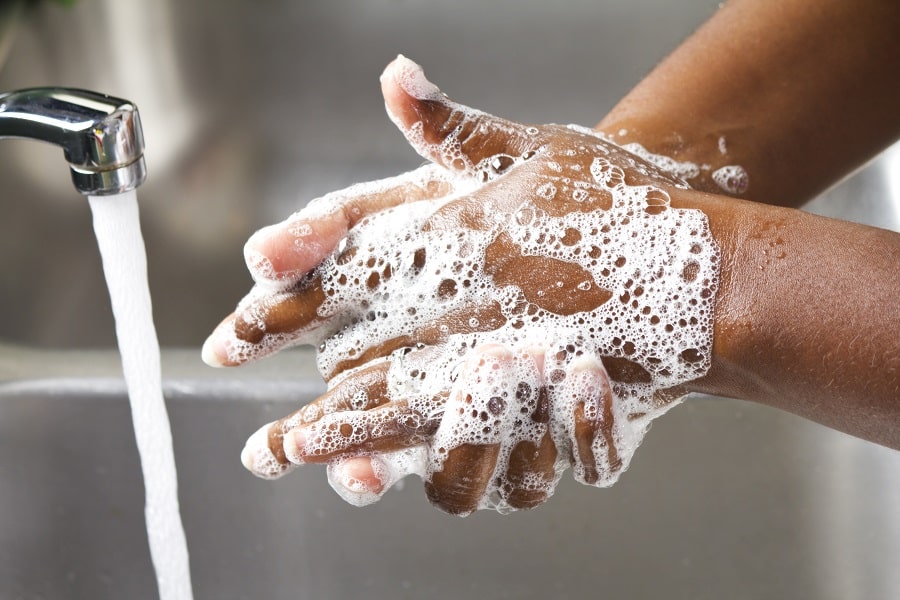
One of the most fundamental yet overlooked aspects of contact lens care is hand hygiene. Always wash your hands thoroughly with soap and water before handling your lenses. This step removes harmful bacteria and particles from your hands, preventing them from transferring to your lenses and eyes. It’s crucial to avoid soaps containing oils, fragrances, or lotions, as these can leave residue on your lenses, leading to irritation. Drying your hands with a lint-free towel further minimizes the risk of any particles getting onto the lenses.
Proper Lens Cleaning
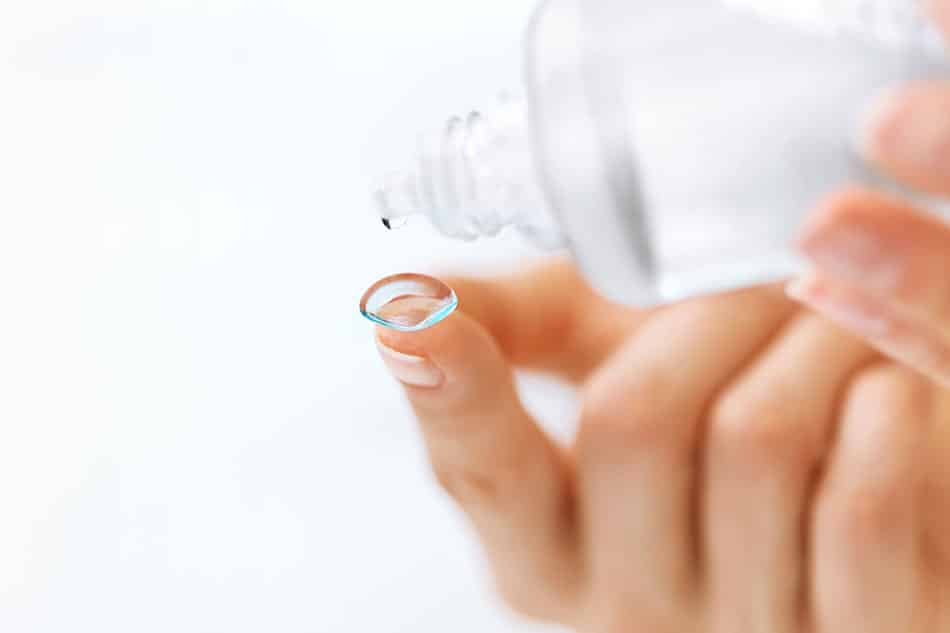
Proper lens cleaning is a cornerstone of contact lens hygiene. Always use the cleaning solution recommended by your eye care professional. Rub and rinse your lenses gently with the solution to remove any buildup or debris. This practice should be done every time you remove your lenses, ensuring they are clean and safe for the next use. It’s important to avoid using water or saliva for cleaning, as these can harbor bacteria and other harmful microorganisms, posing a significant risk to eye health.
Lens Case Hygiene
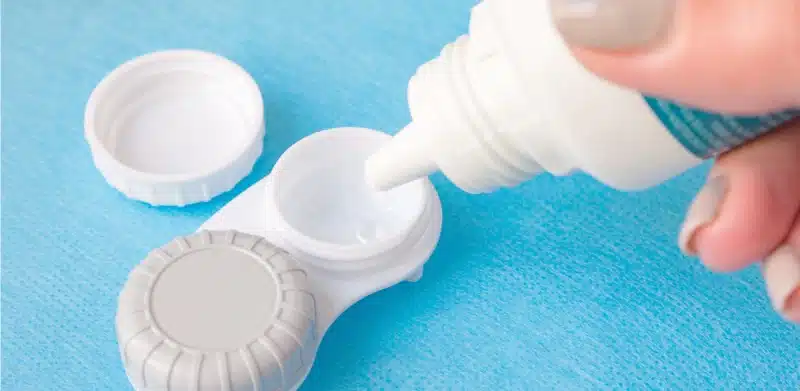
Maintaining the cleanliness of your lens case is as crucial as caring for the lenses themselves. Lens cases can become breeding grounds for bacteria if not cleaned regularly. It is recommended to rinse your lens case with fresh contact lens solution (not water) and let it air dry every day. Additionally, replacing your lens case every three months, or as advised by your eye care professional, prevents the accumulation of harmful microorganisms. Avoid closing the case while it’s wet, as this can promote fungal growth, and never reuse old solution or top it off with fresh solution, as this can reduce its effectiveness.
Avoiding Water Contact
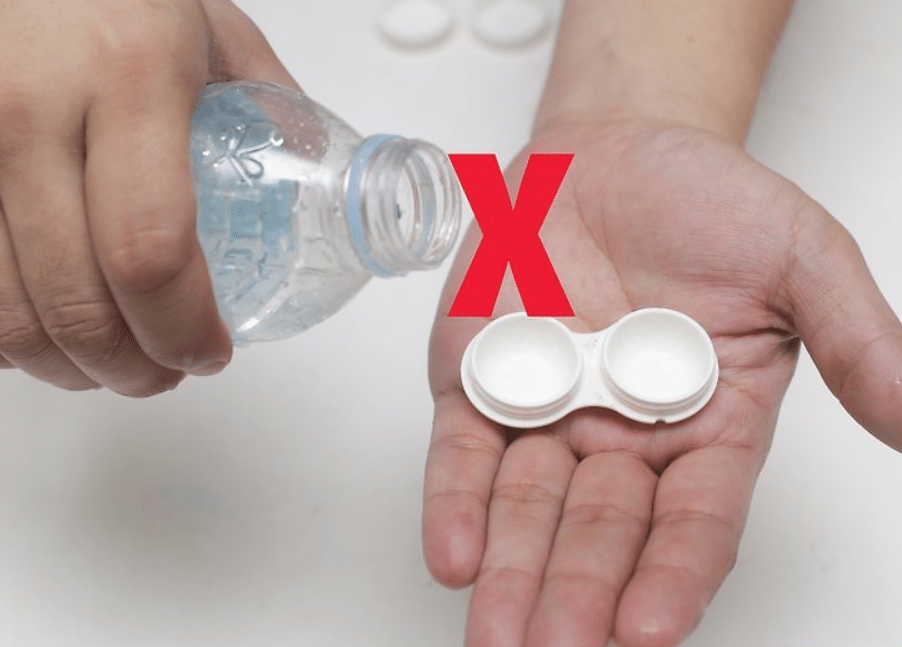
Water and contact lenses do not mix well. Exposing contact lenses to water, be it in a shower, swimming pool, or natural body of water, can lead to serious eye infections, including Acanthamoeba keratitis. This infection is caused by a microorganism found in water and can lead to permanent vision impairment or blindness. It is essential to remove contact lenses before any activity involving water. If contact with water is unavoidable, like in certain sports, consider wearing waterproof goggles to protect your lenses and eyes, and always use fresh, clean lenses afterward.
Adhering to Wear Schedule
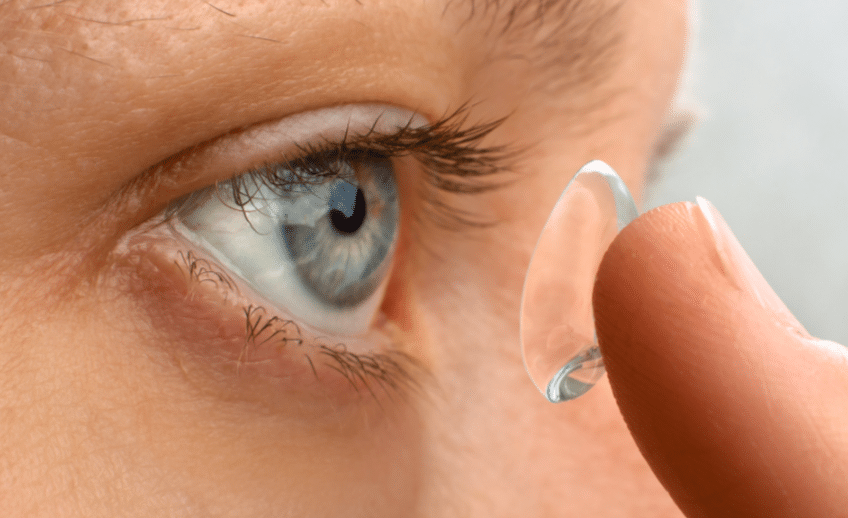
Respecting the wear schedule of your contact lenses is imperative for maintaining eye health. Overwearing lenses, especially sleeping in them when not designed for overnight use, can lead to oxygen deprivation in the eyes, resulting in discomfort, redness, and potentially more serious complications like corneal ulcers. It’s important to follow the wearing schedule prescribed by your eye care professional, which usually includes a specific number of hours per day and a set lifespan for the lenses. Recognizing signs of lens wear and tear, such as blurriness, discomfort, or tearing, is also crucial and should prompt immediate lens replacement.
Monitoring Eye Health
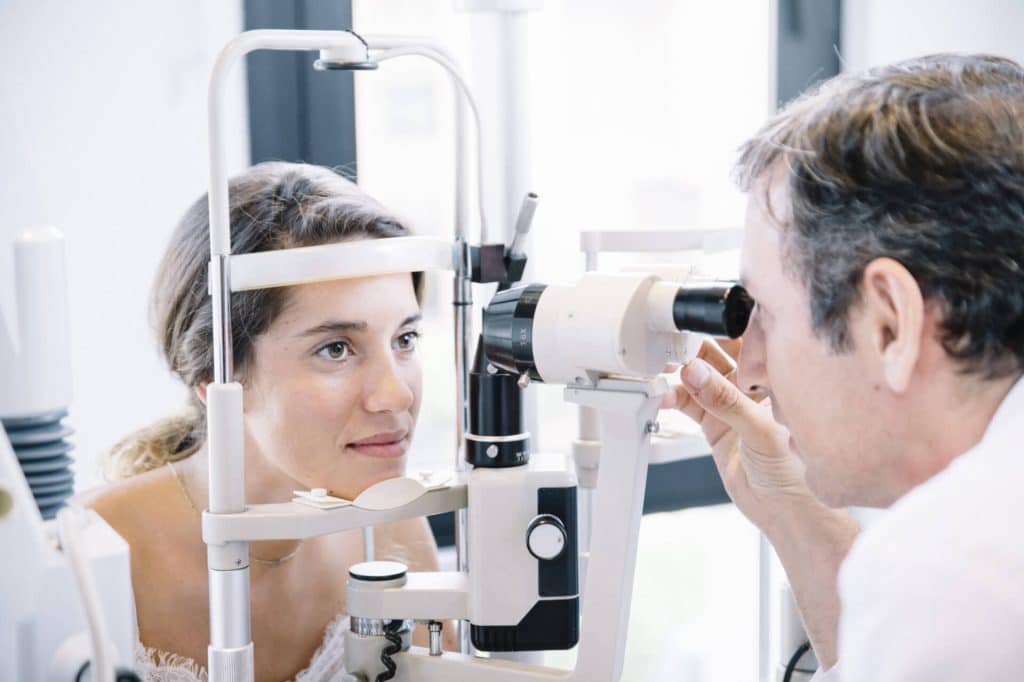
Regular eye check-ups are paramount for contact lens wearers. These appointments are not just for updating prescriptions but also for monitoring the health of your eyes. Early detection of potential issues like infections, corneal scratches, or signs of oxygen deprivation can prevent serious complications. Additionally, if you experience symptoms like redness, pain, excessive tearing, or sensitivity to light, it’s crucial to consult your eye care professional immediately. These could be indicators of improper lens use or hygiene issues, necessitating professional intervention.
Avoiding Lens Sharing and Overuse
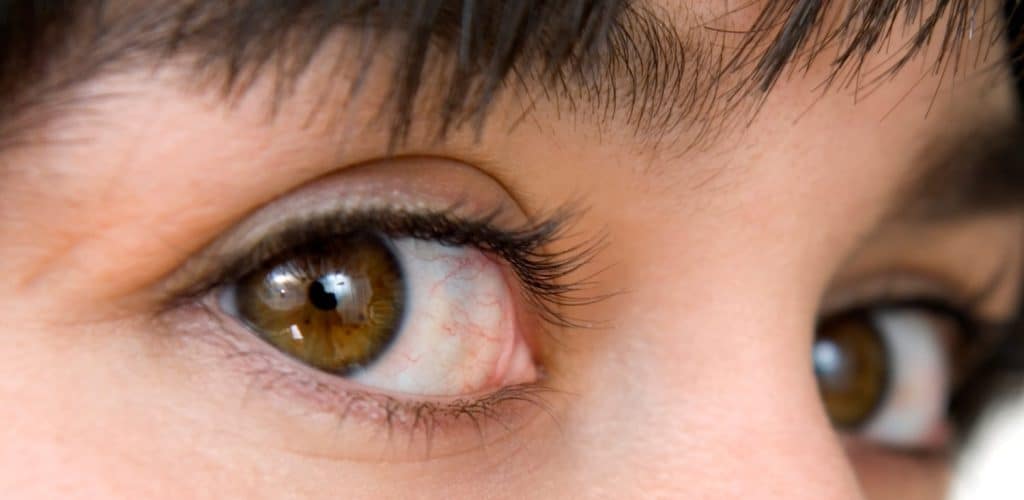
Sharing contact lenses is a hazardous practice that should be strictly avoided. Every individual’s eyes are unique, with specific requirements and sensitivities. Using someone else’s lenses can lead to serious eye infections, transmission of bacteria, or allergic reactions. Furthermore, it’s essential to adhere to the expiry date of your lenses. Using lenses beyond their intended lifespan can lead to reduced effectiveness in vision correction, discomfort, and increased risk of eye infections. Understanding the importance of using lenses as intended and respecting their expiry dates is critical for maintaining optimal eye health.
Maintaining Eye Health with Contact Lenses
Adhering to these eight tips for contact lens care and hygiene is fundamental in safeguarding your eye health. From understanding your lens type to avoiding lens sharing and overuse, each guideline plays a critical role in preventing infections and ensuring the longevity of your lenses. Remember, contact lenses are a responsibility – treat them with care, and they will serve you well. Incorporating these practices into your daily routine not only extends the life of your lenses but also protects your eyes, allowing for a comfortable and healthy contact lens experience.


